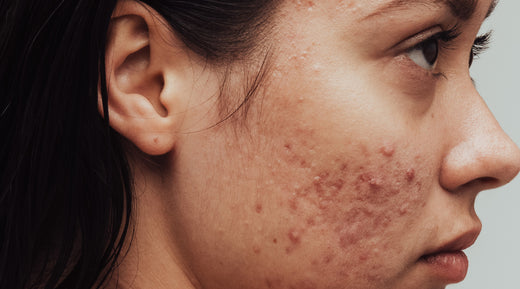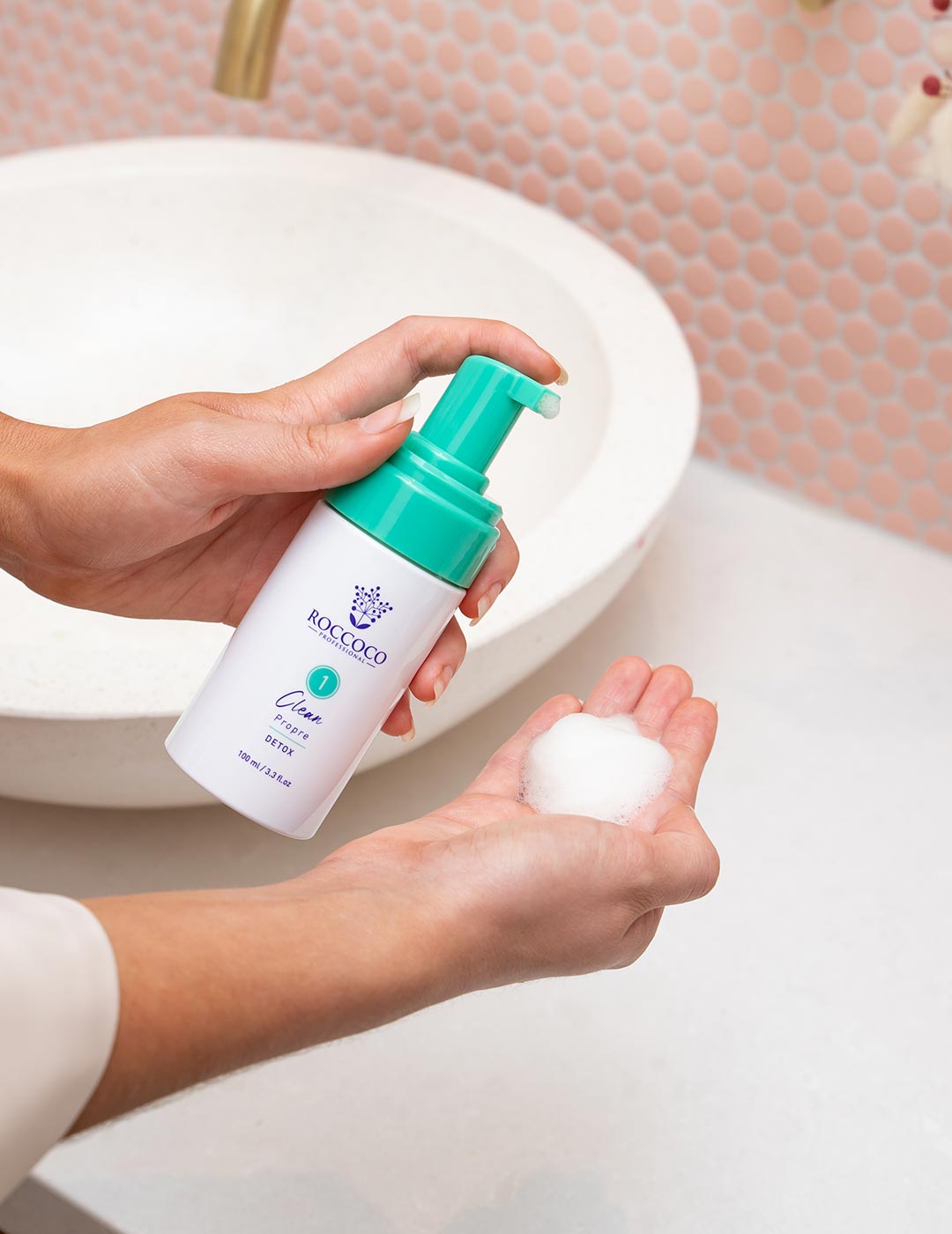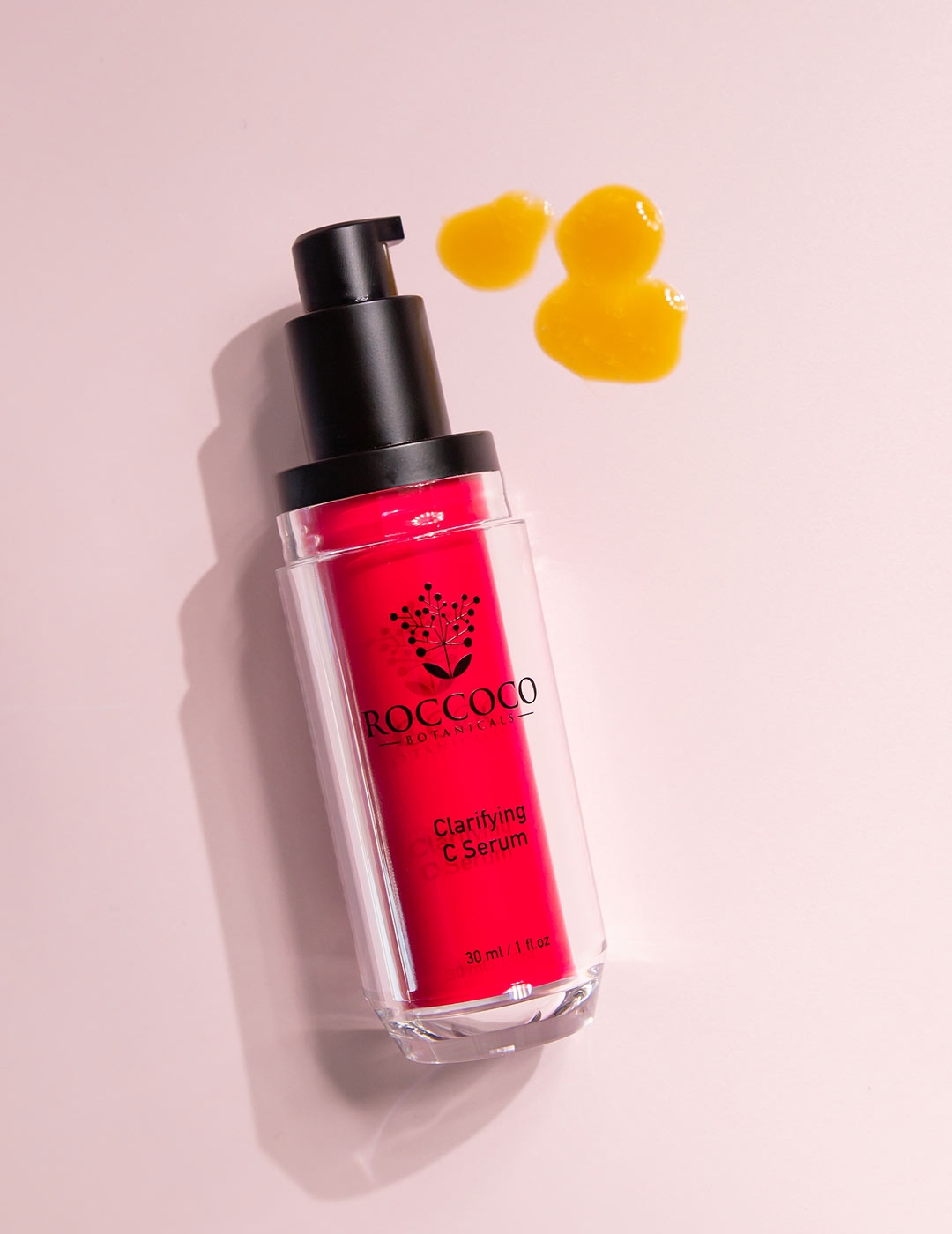Are you tired of dealing with skin issues and looking for a long-term solution?
Take a moment to consider the health of your skin's microbiota. See, your skin has its own ecosystem of beneficial bacteria that plays a crucial role in maintaining a healthy and resilient skin barrier.
Balancing your skin's microbiota can have a significant impact on your skin's overall appearance and condition.
When your skin's microbiota is out of balance, it can lead to a wide range of problems like inflammation, dryness, acne, and premature aging.
By nurturing the good bacteria and keeping harmful bacteria at bay, your skin can become healthier and more resistant to environmental stress.
Understanding the Skin's Microbiota and Its Importance
The skin's microbiota refers to the community of microorganisms that live on the surface of your skin.
These microorganisms include bacteria, fungi, viruses, and mites. While the idea of having bacteria on your skin may sound unpleasant, the truth is that not all bacteria are bad.
In fact, some bacteria are beneficial and play a vital role in maintaining the health of your skin.
The skin's microbiota acts as a protective barrier against harmful germs, regulates the skin's pH levels, and helps it absorb nutrients.
When the balance of this microbiota is disrupted, it can lead to various skin problems.
Factors like excessive cleansing, the use of harsh skincare products, and environmental pollutants can disturb the delicate balance of your skin's microbiota.
Common Factors That Disrupt the Skin's Microbiota
Several factors can disrupt the balance of your skin's microbiota.
One of the most common culprits is the use of harsh cleansers and skincare products that strip the skin of its natural oils.
While it may seem counterintuitive, over-cleansing and over-exfoliating can actually do more harm than good.
Another factor that can disrupt the skin's microbiota is the use of antibiotics.
While antibiotics are often necessary to treat certain skin conditions, they can also kill off the beneficial bacteria on your skin, leading to an imbalance.
Additionally, stress, pollution, and a poor diet can all contribute to an unhealthy skin microbiota.
The Role of a Healthy Skin Barrier
A healthy skin barrier is essential for maintaining optimum skin health.
The skin barrier, also known as the stratum corneum, is the outermost layer of the skin. It acts as a protective shield, preventing moisture loss and protecting the skin from external irritants.
When the skin barrier is compromised, it becomes more susceptible to damage and inflammation.
This can lead to a variety of skin issues, including dryness, redness, and sensitivity.
By promoting a healthy skin barrier, you can help your skin maintain its natural moisture levels and defend against external pollutants.
How to Balance Your Skin's Microbiota Through Skincare Products
Achieving a balanced skin microbiota starts with using the right skincare products. Look for products that are specifically formulated to promote a healthy skin microbiota. These products often contain ingredients that nourish the good bacteria while inhibiting the growth of harmful bacteria.
One key ingredient to look for is prebiotics. Prebiotics are substances that provide nourishment for the beneficial bacteria on your skin.
They help to create an environment that supports the growth of good bacteria, promoting a balanced microbiota.
Another ingredient to consider is probiotics. Probiotics are live bacteria that can be applied topically to the skin. These bacteria help to restore and maintain a healthy balance of the skin's microbiota.
Tips for Promoting a Healthier, More Resilient Skin Barrier
- Avoid over-cleansing and over-exfoliating: As mentioned earlier, over-cleansing and over-exfoliating can disrupt the balance of your skin's microbiota and compromise the skin barrier. Be gentle with your skin and avoid excessive cleansing and exfoliation.
- Protect your skin from environmental stressors: Environmental stressors like pollution and UV rays can damage the skin barrier. Use a broad-spectrum sunscreen and consider wearing a hat and protective clothing when spending extended periods of time outdoors.
- Stay hydrated: Proper hydration is important for maintaining a healthy skin barrier. Drink plenty of water throughout the day to keep your skin hydrated from the inside out.
- Avoid hot showers and baths: Hot water can strip the skin of its natural oils and disrupt the skin barrier. Opt for lukewarm water instead and limit your shower or bath time to 10-15 minutes.
- Be mindful of your skincare ingredients: Avoid using skincare products that contain harsh ingredients. These can irritate the skin and compromise the skin barrier.
By nurturing the good bacteria and keeping harmful bacteria at bay, you can improve the balance of your skin's microbiota and enjoy a wide range of benefits, including reduced inflammation, improved hydration, and a more youthful appearance.
Remember to choose skincare products that are specifically formulated to promote a balanced microbiota and incorporate them into a consistent skincare routine.
By incorporating pre and probiotic-rich skincare products, you can unlock the full potential of your skin and achieve a healthy and radiant complexion.
Looking for a product packed with pre and pro biotics?
Try our Globiotic Serum today and get ready to glow from the inside out!
Read more

Acne isn't just a teenage problem; it's a persistent issue that affects a significant portion of the adult population. In fact, research shows that nearly 50% of adult women continue to battle with...

With its high content of antioxidants, European Blueberry Seed Oil is a powerhouse ingredient that helps combat free radicals, reducing the signs of aging and promoting youthful-looking skin. Its...



